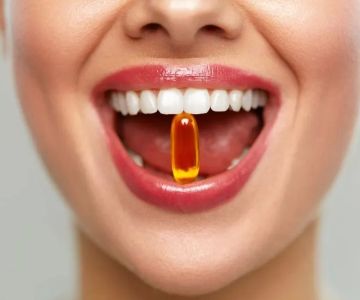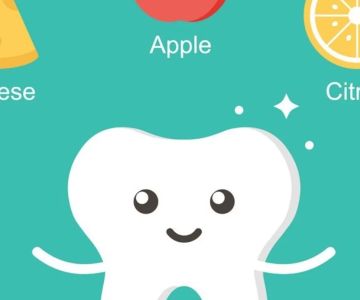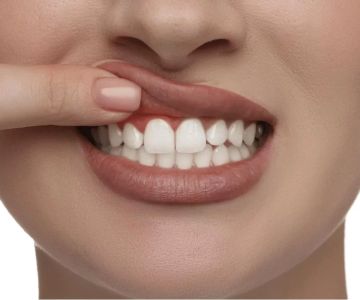Can You Give Oral Medications If on Clear Liquid Diet?
When someone is placed on a clear liquid diet, it’s usually for medical reasons such as before or after a surgery, or as part of a treatment for certain health conditions. A clear liquid diet typically consists of water, clear broths, juices without pulp, and other clear fluids. But what if a person on this diet needs to take oral medications? Can medications be given safely when consuming such a restrictive diet? This question comes up frequently, and understanding the answer can help ensure both the effectiveness of the treatment and the patient’s safety.As a medical professional or caregiver, understanding how oral medications interact with a clear liquid diet is crucial. In this article, I’ll dive into the details of this important topic, offering advice based on medical guidelines and real-life examples. By the end, you'll have a clearer understanding of how to approach this situation.What is a Clear Liquid Diet?
Before we dive into the specifics of taking medications while on a clear liquid diet, let’s first understand what this diet entails. A clear liquid diet is designed to provide minimal residue in the digestive tract while still offering hydration and some nutritional value. This type of diet is commonly prescribed for people undergoing medical procedures like colonoscopies, certain types of surgeries, or when experiencing gastrointestinal issues.A clear liquid diet generally includes:- Water
- Clear broths (beef, chicken, or vegetable)
- Clear fruit juices without pulp (e.g., apple or grape juice)
- Ice pops without any solid food chunks
- Tea or coffee without milk or cream







 Mission Ranch Dental Aesthetics - Richard D. Guthrie, D.D.S., Inc.4.0 (48 review)
Mission Ranch Dental Aesthetics - Richard D. Guthrie, D.D.S., Inc.4.0 (48 review) Harmony Orthodontics5.0 (46 review)
Harmony Orthodontics5.0 (46 review) Dental Starz4.0 (24 review)
Dental Starz4.0 (24 review) HealthPartners Dental Specialty Center Woodbury - Lake Elmo3.0 (38 review)
HealthPartners Dental Specialty Center Woodbury - Lake Elmo3.0 (38 review) Miller Family Dentistry5.0 (377 review)
Miller Family Dentistry5.0 (377 review) Children's Dental Specialists & Adult Dentistry - Chester5.0 (37 review)
Children's Dental Specialists & Adult Dentistry - Chester5.0 (37 review) The Importance of Oral Health Education During Pregnancy for a Healthy Pregnancy
The Importance of Oral Health Education During Pregnancy for a Healthy Pregnancy Best Tips for Brushing Your Teeth Properly for Healthy Gums: Essential Techniques for Oral Health
Best Tips for Brushing Your Teeth Properly for Healthy Gums: Essential Techniques for Oral Health Why Skipping Dental Checkups Can Lead to Bigger Oral Health Problems
Why Skipping Dental Checkups Can Lead to Bigger Oral Health Problems Advantages of Porcelain Dental Restorations
Advantages of Porcelain Dental Restorations How Can Diabetes Cause Tooth and Gum Problems? Preventing and Managing Oral Health Issues
How Can Diabetes Cause Tooth and Gum Problems? Preventing and Managing Oral Health Issues Healthy Habits for Promoting Good Oral Health and Hygiene: Tips for a Healthy Smile
Healthy Habits for Promoting Good Oral Health and Hygiene: Tips for a Healthy Smile